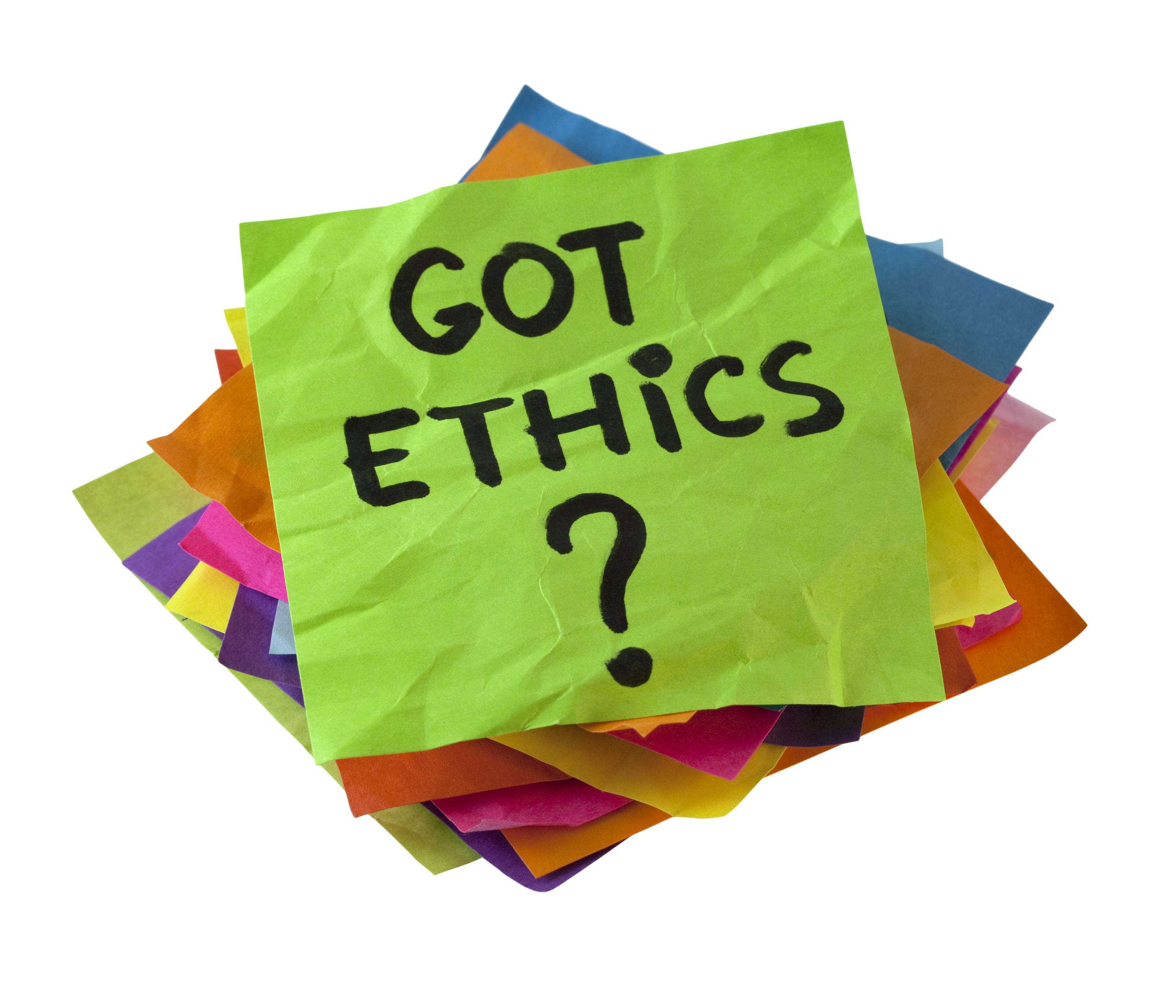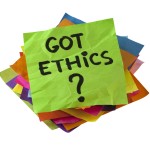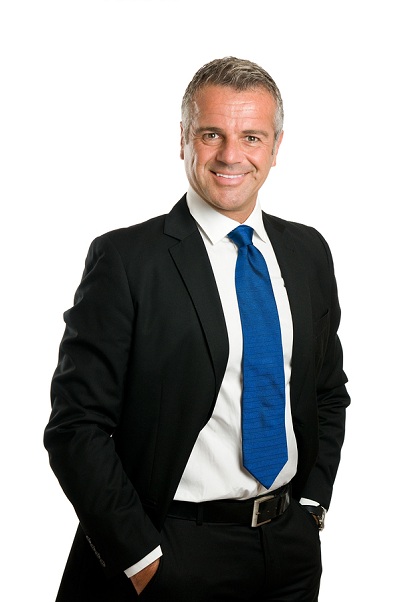
Ethics is a system or code of moral standards of a particular person, group or profession. The operative word is ‘system’. A ‘system’ can be a set of facts, principles or rules arranged in an orderly form.
When we make a decision we balance competing priorities, values and perceived obligations in order to make something better than it was. We can make things better by improving something good, making something less bad or reducing uncertainty.
A good decision may not be seen by all as being good. However, we can at least be seen to be providing ethical leadership if we are able to:
- Take into account the multiple perspectives held about a decision
- Be fully transparent about the perspectives, the decision and the outcome
- Make the decision against a set of principles or values we aspire to meet.
To illustrate, consider this scenario:
Yesterday, you read in the local newspaper that an employee in your staff had been convicted of failing to pay income tax on private earnings. The employee, who had filed false income tax returns in each of the past five years, holds a senior position. The total tax, which had been avoided, amounted to $5,000.
The employee was ordered to pay the amount, together with interest, and the costs of the proceedings. He was also fined $5,000. You have more or less daily contact with the employee who also has frequent contact with prospective and past customers. You had not been aware of the matter.
Earlier today, you interviewed an applicant for a Supervisor’s position. The applicant holds a university degree and is studying for the Diploma in a field relevant to your industry. You judged the applicant to be mature, to be likely to get on well with people, and to be well qualified for the post.
During the interview, the applicant spoke openly about his conviction, as an eighteen-year-old, some 10 years ago, for an offence of robbery and about the four years that he had spent in prison. During his time in prison, he had begun to study. Over the years he had gained a high school certificate and graduate qualifications. Since his release, he had worked at several different entry level jobs in your industry as his applications for ‘better jobs’ had been unsuccessful so far.
One of his very positive references is from a tutor. The other is from an employer who reports on how conscientious and hard working he was as an employee in two different roles.
If this was your organisation, what impact should the tax conviction have on the employee’s suitability for continued employment; what account would you take of the conviction, say, in an appraisal?
What weight would you give to the applicant’s conviction for robbery?
If I now asked you to compare your two answers what general rules or principles does this indicate applies to your ethics?
What if the employee was being investigated for $200,000 tax fraud? Does the amount of money make a difference? What if the employee had authority over company financial transactions?
What if the applicant was convicted of aggravated burglary? What if the applicant was convicted of rape?
What do your answers say about your or your organisation’s system of moral standards, about fairness versus maintaining a low risk environment for employees and the organisation?
Would the answers of other people in your organisation be different? If so, what does that mean for an aggregated view of your organisation’s ethics?
Questions of ethics can be difficult as has been demonstrated. At an organisational level it is wise to implement formal processes and procedures that give clarity to what is ethical and what is unethical behaviour. It is also wise to give examples and provide people training in what is ethical in your organisation. Your ethical framework should cover elements such as recruitement, marketing and sales, intellectual property, performance management and internal succession planning.
Having ethical standards and processes to manage and evaluate organisational behaviour against those standards, however, is not enough.
The American Society for Quality Control identified five managerial mistakes which ultimately damage the integrity of an organisation:
- Favouring the company’s interests over the interests of its stakeholders
- Rewarding behaviour that violates ethical standards
- Creating a corporate environment that encourages separate standards of behaviour at work and at home
- Allowing individuals to abuse power to further their own interests
- Creating managerial values that undermine integrity.
The culture of the organisation and its leaders with regard to ethics plays a pivotal role in maintaining organisational ethics.
To illustrate the importance of leadership with regard to organisational ethics and leave you with a final thought on ethics, I will finish with a short article by Patricia Fripp, CSP, CPAE.
If you aren’t honest with the rest of the world, how can you hope to be honest with yourself? Honesty isn’t what you say you believe, it’s what you model, encourage, reward and let happen every day.
Come with me for a moment to Oklahoma. One of my friends, proud father Bobby Lewis, was taking his two little boys to play miniature golf. “It’s three bucks for you,” the attendant drawled, “and three bucks for any kid who’s older than six. They get in free if they’re six or younger.”
Bobby said, “Well, Mikey’s three and Jimmy’s seven, so I owe you $6.00.” The attendant looked surprised. “Hey mister, do you like throwing your money away? You could have told me the big one was only six and saved three bucks. I wouldn’t have known the difference.”
“Yes,” Bobby said, “but the kids would have known the difference.”
Daring to take responsibility for your own life requires truthfulness and honesty in all your dealings, both with yourself and with others. As an individual or a company, what you do in private is as important as what you do in public. PFripp@Fripp.com, 1-800 634-3035, http://www.fripp.com






